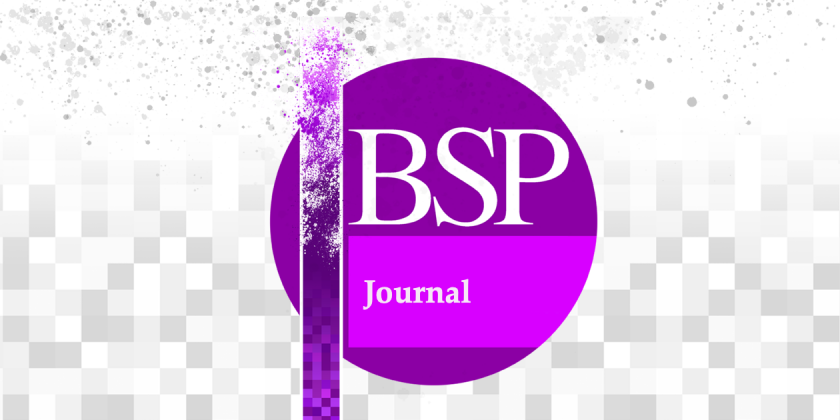Francesca Brencio’s essay for the Journal of the British Society for Phenomenology, published online in advance of the paper edition.
Francesca Brencio – ‘Heidegger, Catholicism and the History of Being’ (Originally published online: 18 December 2019).
Abstract: This paper aims to rebuild the relationship between the Seinsfrage and Catholicism in Heidegger’s meditation and to shed light on his critique to Christianity (in terms of Christentum) as a philosophical necessity rooted in his broader critique of modernity in the context of the Black Notebooks. In order to reach these purposes, this contribution will be articulated in two parts: in the first one, I will rebuild Heidegger’s relationship to Catholicism and in the second one, I will focus on Black Notebooks as important tools in understanding Heidegger’s critique to Catholicism, a critique that is built on three levels: historical, speculative and political. The essay will show how the Schwarze Hefte illuminate Heidegger’s attempts to answer the question of Being in an incessant tension with the coeval seven major treatises on the Seinsgeschichte, in which Christianity, metaphysics and nihilism are inextricably tied together.
Full article: https://doi.org/10.1080/00071773.2019.1703509
Francesca Brencio, Department of Aesthetics and History of Philosophy, Faculty of Philosophy, University of Seville, Seville, Spain.
Accessing the JBSP Online: The online version of the Journal of the British Society for Phenomenology publishes articles in advance of the paper edition. Articles can be accessed via our publisher’s website: JBSP at Taylor & Francis Online. Access to the JBSP is free to all members of the society, who also receive the quarterly paper copy of the journal as part of their subscription. You can find out more about becoming a member and supporting the BSP on the membership webpage. If you are not a member of the BSP, you can purchase articles from the site, or log in using institutional or personal access via Shibboleth and OpenAthens.

